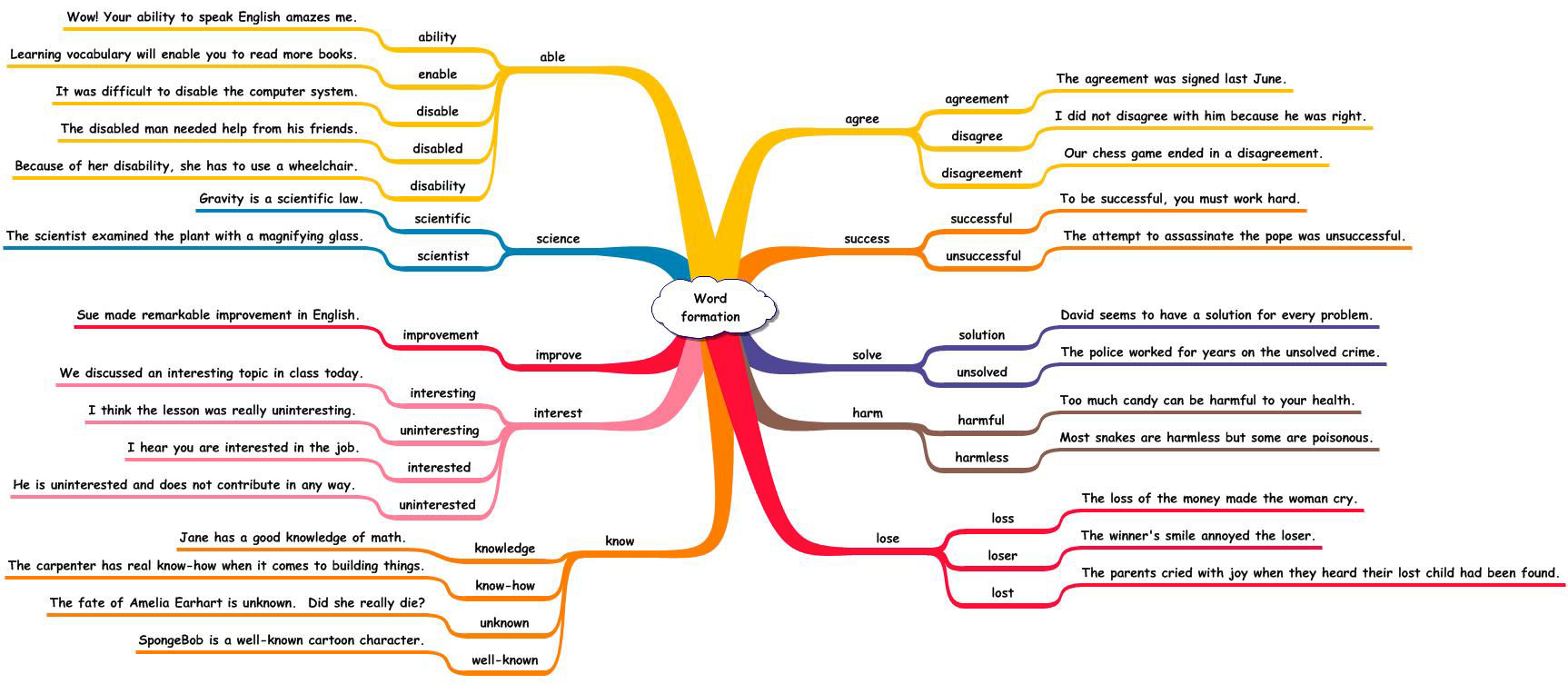 Oliver Pritchard guides you through the art of self study and highlights ways of making the most of learning outside of the classroom
Oliver Pritchard guides you through the art of self study and highlights ways of making the most of learning outside of the classroom
As a teacher, it’s good for me to recommend that language learners go to schools and attend classes. Of course, without schools and classes, I would have no job. But I have plenty of students, and practising outside the classroom is important for all language learners, especially at times when you cannot attend class because you are busy, or between classes. Below, we are giving you some ideas on how to make the most of this time. Remember that it is almost impossible to ‘absorb’ a language – you can make learning fun, but it is necessary to do some work!
Music and Movies
Lazy teachers often tell students to simply listen to music in English. Also, enthusiastic students often assume this will help them. However, just listening to music will not help you at all. It’s necessary to listen actively, or to make little activities for yourself. Smartphone app Musiglota is a useful tool for this.
Music lyrics (especially heavy metal which is just nonsense about dragons and elves) are often grammatically terrible. This is because they are designed for singers, not talkers. I am always surprised at the number of students that want me to translate awful songs. However, it is useful for pronunciation. Why not try karaoke? Although many individual phonemes and sounds are pronounced differently in music, the stress patterns are usually accurate (and very dramatic). It’s a good way to identify the key phrases in a song.
Movies and TV shows are the same. They can be very useful, but try not to be lazy: find ways to actively watch them. If you are watching with subtitles, try and see if the subtitles are similar to what you are thinking. Also, try turning off the subtitles and write down your ideas for translation, then rewind and compare to the ‘official’ subtitles. Be careful though – for example in Geordie Shore (a British reality TV show), the spoken English is nowhere near the official subtitles.
Before watching the movie, try and guess what will happen, using conditionals; future forms; may/might. When you have finished the movie, see if you can summarise the story using past narrative tenses. There are lots of simple things like this that you can do.
If you are a strong English user, try identifying what type of English is being used and how that accent is different to others. For example, in Game of Thrones a lot of people speak in Northern English accents. Parts of Trainspotting are genuinely hard to understand for many native speakers. Try and find films set in parts of the world with similar accents to the ones you want to learn.
Conversation clubs/Language exchanges
Bogotá has a lot of language exchange clubs. These are places where you can go to meet speakers of other languages and practise speaking their language (or your own, of course). These events are all over the city, but the biggest are found in the centre (Dame tu Lengua in A Sies Manos and Wednesday Speakeasy at El Candelario) and the Zona T (Gringo Tuesdays at La Villa and IdiomArte in the Irish Pub). These are relaxed events, but try to practice and don’t simply have a party.
Friends
If you are lucky enough to have friends who speak the language you are learning, talk to them! If they don’t live in the same place, try using messenger services or talking via email. You’ll find this is a very easy way to practise using English regularly. You may remember various activities from class: try them with your friends! For example, games like ‘would you rather…’ or ‘guess the job’ are real games that native speakers play, so it won’t be strange.
News
Try reading a report every day on the news. This is a good way to keep in regular practice. If you are an excellent user of English, try reading sources such as the BBC or Guardian online, if your English is reasonable try the NY Times. If your English is not so good, don’t worry! The BBC has a page for learners, with slightly different (and easier) language. You should read with a dictionary. Many teachers will tell you to guess words from context, but this only really works with specific texts in coursebooks. Also, when you are reading, look at the structure of sentences and try to identify patterns in new words, like coursebook in the previous sentence. It’s just course and book together.
Study websites
There are two types of study websites: some provide you with exercises and explicit grammar advice; some provide you readings and listenings to practise with. Think about your strengths and weaknesses as a student. If grammar is easy for you, then practise something different, or vice versa. Don’t do the easiest things – they are not helping you!
Useful websites include:
www.englishpage.com
www.eslfast.com/eslread
www.esl-lab.com
www.englisch-hilfen.de/en
www.migramatica.com/ (great grammar guide)
Or try these dedicated YouTube channels:
Speak English with Misterduncan
Real English
Linguaspectrum Interesting English
Coursebooks
Finally, even if you don’t have a teacher, you can still use a good study book. Most books have answer keys and are specifically designed to help you study alone. I’d recommend Top tips for IELTS if you’re studying for the exam, New Framework, Language Leader and Market Leader are all good general books, the latter being a business English book. Many books have games and activities designed for pairs, but if you are creative, you can happily play with yourself.
Studying at home will give you a better idea of your level. The English language teaching industry is about business, so students will usually pass – even if sometimes they shouldn’t. Also, many teachers simply teach for tests, instead of teaching pure` language. If you are at an Upper-Intermediate level, you should be able to easily understand most natural English and read a newspaper like this easily. However, I have seen many students fail at this. Also, remember that most native English speakers dramatically over-estimate the level of non-native speakers, as they are not professional examiners.
Of course, by reading this paper, you’ve already done some practice! Keep reading to keep learning.






